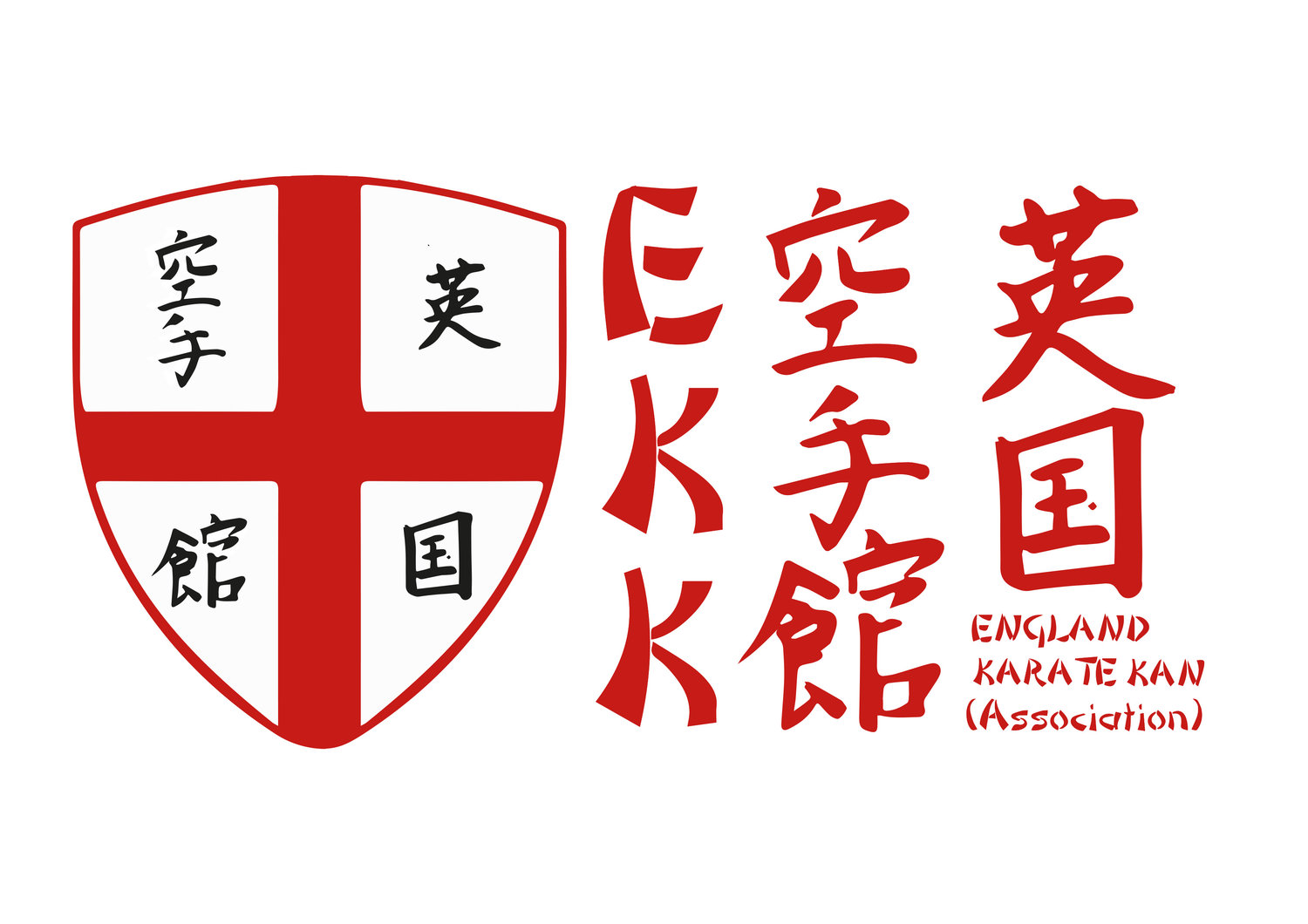Frequently Asked Questions
Q. What is Karate?
Traditional Karate is the art and science of self defence, health and self improvement through the development of control of the body and mind. The word Karate is formed from the Japanese words KARA (Empty) and TE (Hand), Empty Hand, and through a series of exercises, students are taught how to use their body in a way that will protect them.
Karate originated in Okinawa, Japan. Whilst Karate was not always the most popular sport, martial arts movies of the 1960’s and 1970’s allowed it to gain the popularity it deserved and greatly increased the interest in Karate. In 1901, Itoso Anko (more commonly referred to as the grandfather of Karate) taught karate to people who then went on to become the founding fathers of some of the main styles, that are still practiced today. Anko’s students included Gichin Funakoshi who founded the style of Shotokan, and Kenwa Mabuni who founded the style of Shito Ryu. Both of these styles are currently practiced and taught within the association.
The seven virtues of Bushido:
- Duty
- Respect
- Courage
- Honour
- Benevolence
- Honesty
- Loyalty
Q. How would Karate benefit me?
The key benefits of Karate for adults are:
- Health and fitness: a Karate class will help you use every muscle (over 600 muscles) in your body.
- Weight loss: You can burn over 1000 calories during an adult Karate class.
- Balance, coordination and flexibility: Karate training helps with maintaining a good posture which can prevent injuries.
- Effective self-defence
- Stress reduction and mental wellbeing
Q. Do I need to be fit to start Karate?
No. Karate training will help to improve your fitness.
Q. How would Karate help my child?
Karate helps in child development, improving both physical and mental health. The key benefits are:
- Confidence & self-esteem: Children who train in Karate are less likely to be bullied.
- Focus and concentration: Your child's education can be enhanced, as your child's focus and concentration increases through karate training.
- Respect, positive attitude and behaviour: Karate teaches your child how to be respectful to others.
- Discipline and perseverance: Your child's school work can be greatly improved by the discipline learned during a karate class.
Q. Would my child be safe training in Karate?
EKK Association acknowledges the duty of care to safeguard and to promote the welfare of children. Read our child safety policy >
Q. What are the rules?
The Dojo rules are:
- Clean, ironed Gi to be worn at all time.
- Always bow when you enter or leave the Dojo.
- Always bow to your instructor
- Always bow to acknowledge help from senior karate ka
- No jewellery to be worn while training
- No food, chewing gum or fizzy drinks in the Dojo
- Always respect all your fellow karate kas
- Fingers and toe nails to be clean and short





